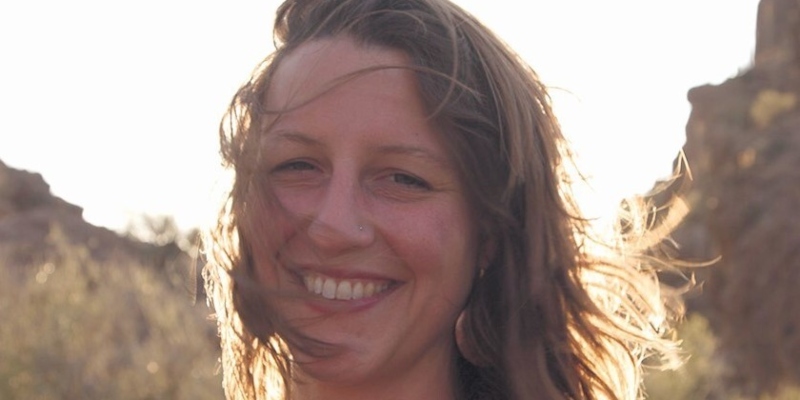
Katherine Standefer on the Careful Conversations Required of Writing Memoir
In Conversation with Mitzi Rapkin on the First Draft Podcast
First Draft: A Dialogue of Writing is a weekly show featuring in-depth interviews with fiction, nonfiction, essay writers, and poets, highlighting the voices of writers as they discuss their work, their craft, and the literary arts. Hosted by Mitzi Rapkin, First Draft celebrates creative writing and the individuals who are dedicated to bringing their carefully chosen words to print as well as the impact writers have on the world we live in.
In this episode, Mitzi talks to Katherine Standefer about her new book, Lightning Flowers.
Subscribe and download the episode, wherever you get your podcasts!
From the episode:
Mitzi Rapkin: This book is such a mixture of your emotional life, and also your intelligence and your curiosity, and following that to Africa and these countries to see about where the metal in your internal defibrillator came from. Can you talk a little bit about writing about real people, writing about your life, mining your memory to do that, and getting that emotional resonance on the page? It’s very full of feeling.
Katherine Standefer: I’ve been thinking a lot lately about how a person like me can get told early in life that they feel too much or feel too deeply or need to let go of certain things, just not moving on fast enough. And I’ve really been reflecting on how the job of the memoirist is to make the book feel the way it felt. You have to have this exquisite ability to store up what these things are actually like.
And that’s a strange thing, because the other people in your life don’t necessarily have that; they’re not built the same way. They don’t have the same memory, they weren’t taking notes or journaling in the same way. So, it’s a fascinating process to navigate how you hold your space around the story you lived and how you understood things at the time, and how that shaped what the story was—and also what you can see now and what other people would say.
The boyfriend I wrote about, that was probably the hardest piece to navigate in terms of someone else’s life, because he’s a person that I care about immensely, who I had quite a deep friendship with for a long time. We had a lot of back and forth where I don’t think he understood for a while what it would mean to be a character in this book. And then once he did, he sort of freaked out or pushed back a little bit.
And then ultimately, he did give me the gift of a two-hour interview, where I got to ask him questions like, why did you want to date me? How do you tell the story of our breakup? What do you remember from the summer of 2009? Just trying to fill in my sense of how he lived the experience, and how I could help readers see over my shoulder into whatever his truth was, along with what I lived, a little bit fuller and richer.
Both of my parents and my sister are major characters in the book, and they got the chance to read the first draft that the publisher got, not for veto power, but for fact checking and for having the conversations now, and it did bring up some really interesting conversations. My dad and I had to talk about how I portray our financial relationship.
And my sister was extremely generous with me sharing her journals, allowing me to just ask a million questions like, okay, at that party after your first heart surgery where your friends were awkward, do you remember anything about what you were wearing? What you guys were eating? You know, I’m building scenes. I don’t want it to feel flat. And so, it really required the gift of her deciding that this was her story too, which I think we both agree, that you can’t have the story of a defibrillator gone wrong, and a health care story gone wrong, if you don’t also have the person whose life was saved by the device, and that is my sister.
Our differing circumstances show a lot about how the healthcare system works and what it means to be young and sick. But having her read all this stuff about the way things can go wrong, the way technology can break, it’s very scary. And most patients don’t want to look at that, or they’re trying to hold their own experience and it’s too much to hold at once, and so I really was asking a lot of her.
***
Katherine Standefer is the author of Lightning Flowers, which was shortlisted for the J. Anthony Lukas Work-in-Progress Prize from the Columbia Graduate School of Journalism and the Nieman Foundation at Harvard University. Her writing has appeared in The Best American Essays, The New York Times, The Los Angeles Times, and the Iowa Review among others. She earned her MFA in Creative Nonfiction from the University of Arizona.
First Draft: A Dialogue on Writing
First Draft: A Dialogue on Writing is a literary podcast produced and hosted by Mitzi Rapkin. Each episode features an in-depth interview with a fiction, non-fiction, essay, or poetry writer. The show is equal parts investigation into the craft of writing and conversation about the topics of an author’s work.



















